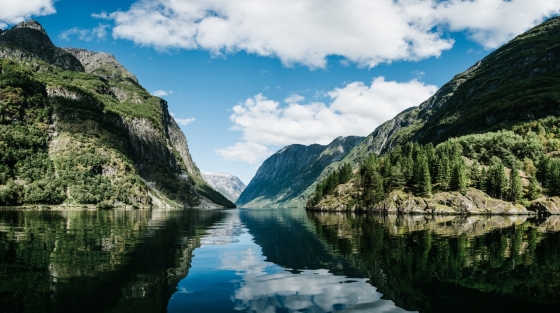Innbjoa Weather and Climate: A Comprehensive Guide
The climate in Innbjoa is marked by big temperature swings throughout the year.
Temperatures range from pleasant during the warmest months
to cold in the cooler months.
It is also known for its large amounts of rain/snowfall.
Now, let’s explore all the climate details to give you a full picture.
Average maximum day and minimum night temperature
In Innbjoa, temperatures differ significantly between summer and winter months. Typically, average maximum daytime temperatures range from a pleasant 19°C in July to a chilly 4°C in the coolest month, February.
Nights are cooler, with lows often dropping to around -1°C during the colder months.Check out our detailed temperature page for more information.
Temperature ranges by month
Precipitation and rainy days
Innbjoa experiences significant rain/snowfall throughout the year, averaging 2514 mm of precipitation annually. Innbjoa offers a pleasant mix of wetter and slightly drier months. The difference in precipitation between December (269 mm) and May (132 mm) is not too significant, making the climate enjoyable for visitors and residents alike.
The mean monthly precipitation over the year, including rain, hail and snow
Forecast for Innbjoa
Select a Month of Interest
Check the conditions for any month of the year.
The best time of year to visit Innbjoa in Norway
Other facts from our historical weather data:August has an average maximum temperature of 19°C and is the warmest month of the year.
The coldest month is February with an average maximum temperature of 4°C.
December tops the wettest month list with 269 mm of rainfall.
May is the driest month with 132 mm of precipitation.
No idea where to travel to this year? We have a tool that recommends destinations based on your ideal conditions. Find out where to go with our weather planner.





